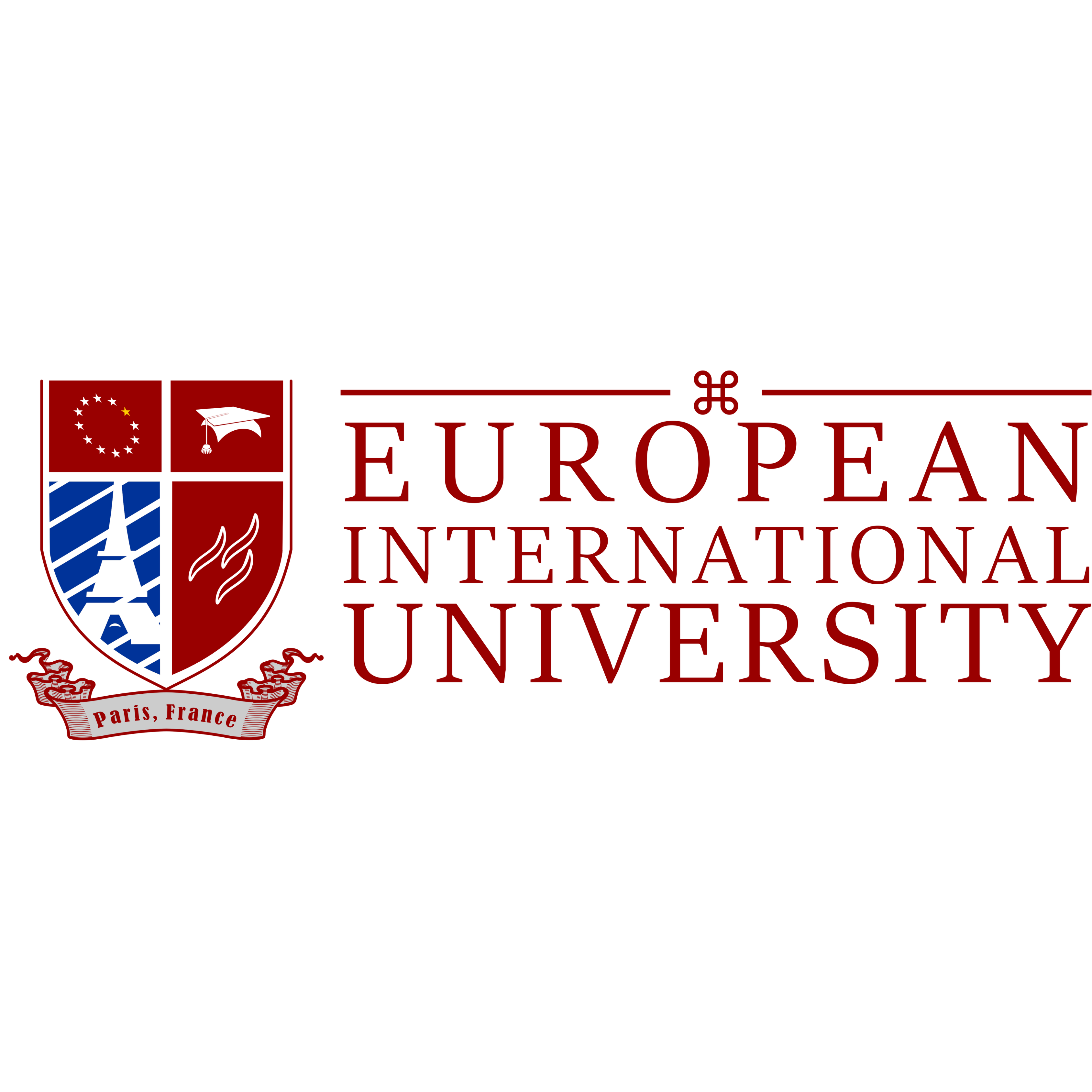
A Doctor in Psychology is a terminal degree that provides in-depth knowledge and training in the scientific study of mind and behavior. This program is designed to prepare professionals for diverse careers in clinical psychology, counseling, research, or academia. Through rigorous coursework, supervised clinical practice, and original research, candidates develop expertise in psychological assessment, diagnosis, and evidence-based therapeutic interventions.
The degree typically covers a broad range of psychological disciplines, including cognitive, developmental, social, and abnormal psychology, ensuring a comprehensive understanding of human behavior. Students learn to apply psychological theories and research methods to real-world challenges, such as mental health disorders, behavioral issues, and emotional well-being.
Graduates often pursue licensure to practice as clinical or counseling psychologists, offering therapy, conducting assessments, and designing treatment plans tailored to individual needs. Alternatively, some focus on research, contributing to the scientific understanding of psychological phenomena or developing innovative treatment approaches. Others work in academic settings, teaching and mentoring future psychologists.
The Doctor in Psychology also equips candidates with strong ethical frameworks, cultural competence, and communication skills necessary for effective client interaction and interdisciplinary collaboration. It is ideal for those passionate about improving mental health outcomes and advancing psychological science.
Overall, this degree represents the highest professional credential in psychology, empowering graduates to make meaningful contributions to mental health care, research, and education worldwide.